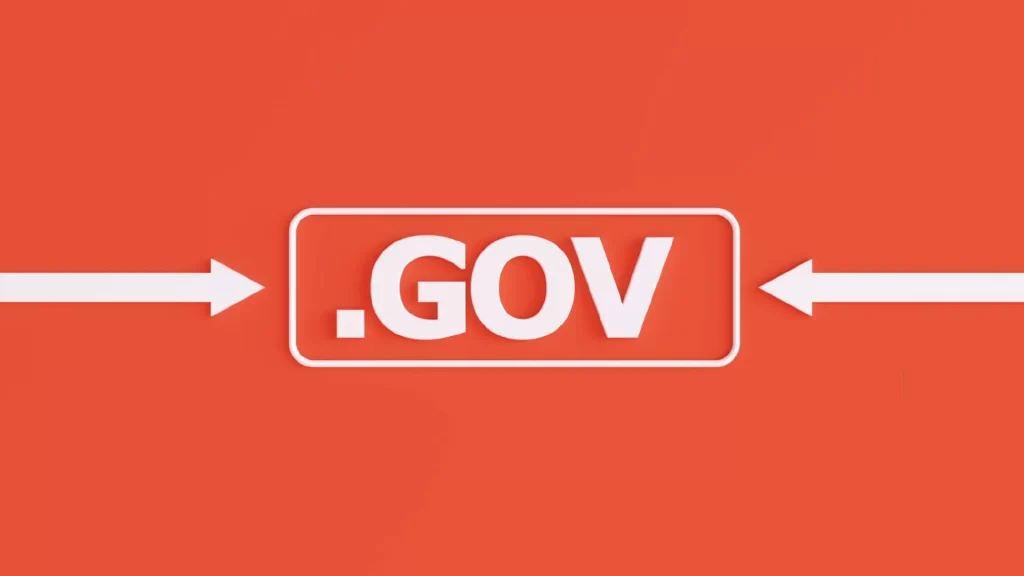In the digital age, government websites play a vital role in providing information and services to the public.
To ensure these websites effectively serve their constituents, implementing sound SEO practices is essential.
In this comprehensive guide, we’ll explore the significance of SEO for South African government websites and offer valuable insights on optimizing them for enhanced online accessibility and engagement.
The Importance of SEO for Government Websites:
- Increased Visibility: Implementing SEO techniques ensures that government websites rank higher in search engine results. This heightened visibility makes it easier for citizens to find information and services they require.
- Accessibility: SEO practices focus on enhancing the accessibility of websites, including mobile responsiveness, which is crucial for a diverse audience using various devices.
- User Experience: Effective SEO also contributes to a better user experience by organizing content, making it easier to navigate, and ensuring that relevant information is readily available.
- Transparency and Trust: Transparent and well-structured websites foster trust among citizens, as they can easily access government information, policies, and services.
Key SEO Practices for South African Government Websites:
- Keyword Research: Identify the keywords and phrases that South African citizens commonly use when seeking government-related information. These keywords should be integrated naturally into your content.
- Local SEO: Optimize your website for local searches by including location-specific keywords and ensuring that your physical address is clear and consistent across the site.
- Mobile Optimization: Given the prevalence of mobile device usage in South Africa, ensure your website is fully responsive and loads quickly on mobile devices.
- Structured Data Markup: Implement structured data markup to provide search engines with additional information about your content, helping to enhance search results.
- Content Quality: Create high-quality, informative, and relevant content that addresses the needs of South African citizens. Regularly update and maintain content to keep it accurate and up to date.
- Accessibility Standards: Ensure your website complies with accessibility standards, making it usable for individuals with disabilities. This includes providing alt text for images, proper heading structure, and keyboard navigation.
- User-Friendly Navigation: Organize your website’s navigation logically, using clear menus and internal linking to help users easily find the information they need.
- Security: Invest in website security to protect sensitive data and maintain the trust of citizens. Implement SSL certificates and regularly update your website’s security features.
Monitoring and Evaluation:
- Analytics: Regularly monitor website traffic and user engagement using tools like Google Analytics to gain insights into user behavior and preferences.
- User Feedback: Encourage feedback from citizens regarding their experience with the government website. Use this feedback to make improvements.
Conclusion: Empowering Citizens Through SEO
By implementing robust SEO practices on South African government websites, officials can better serve their constituents by providing access to important information and services.
An SEO-optimized government website not only enhances accessibility but also fosters trust and transparency, thereby strengthening the relationship between the government and the public.
As South Africa continues its digital transformation, SEO remains a valuable tool for improving the online presence of government websites and ensuring that citizens can access the resources they need efficiently and effectively.

















